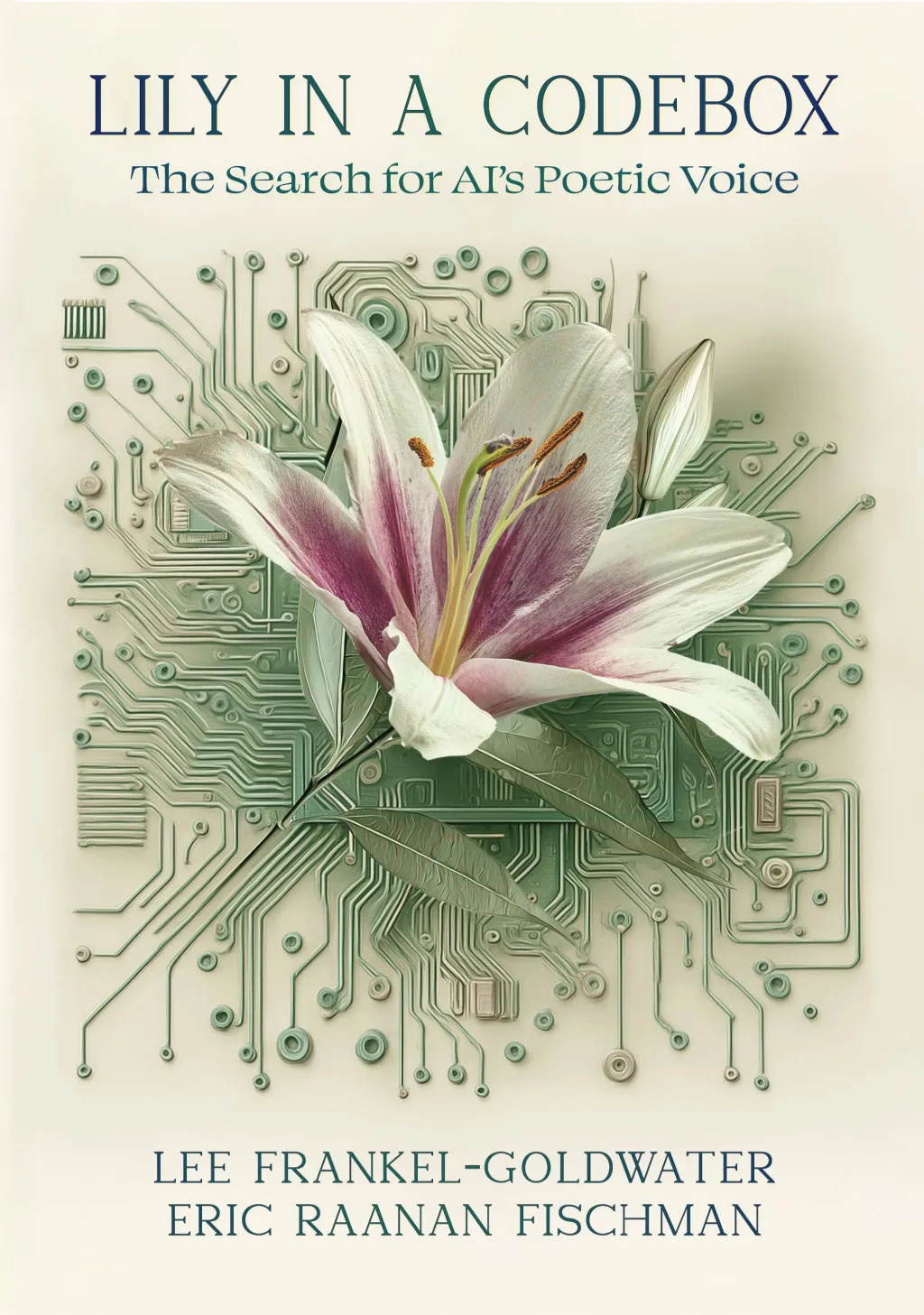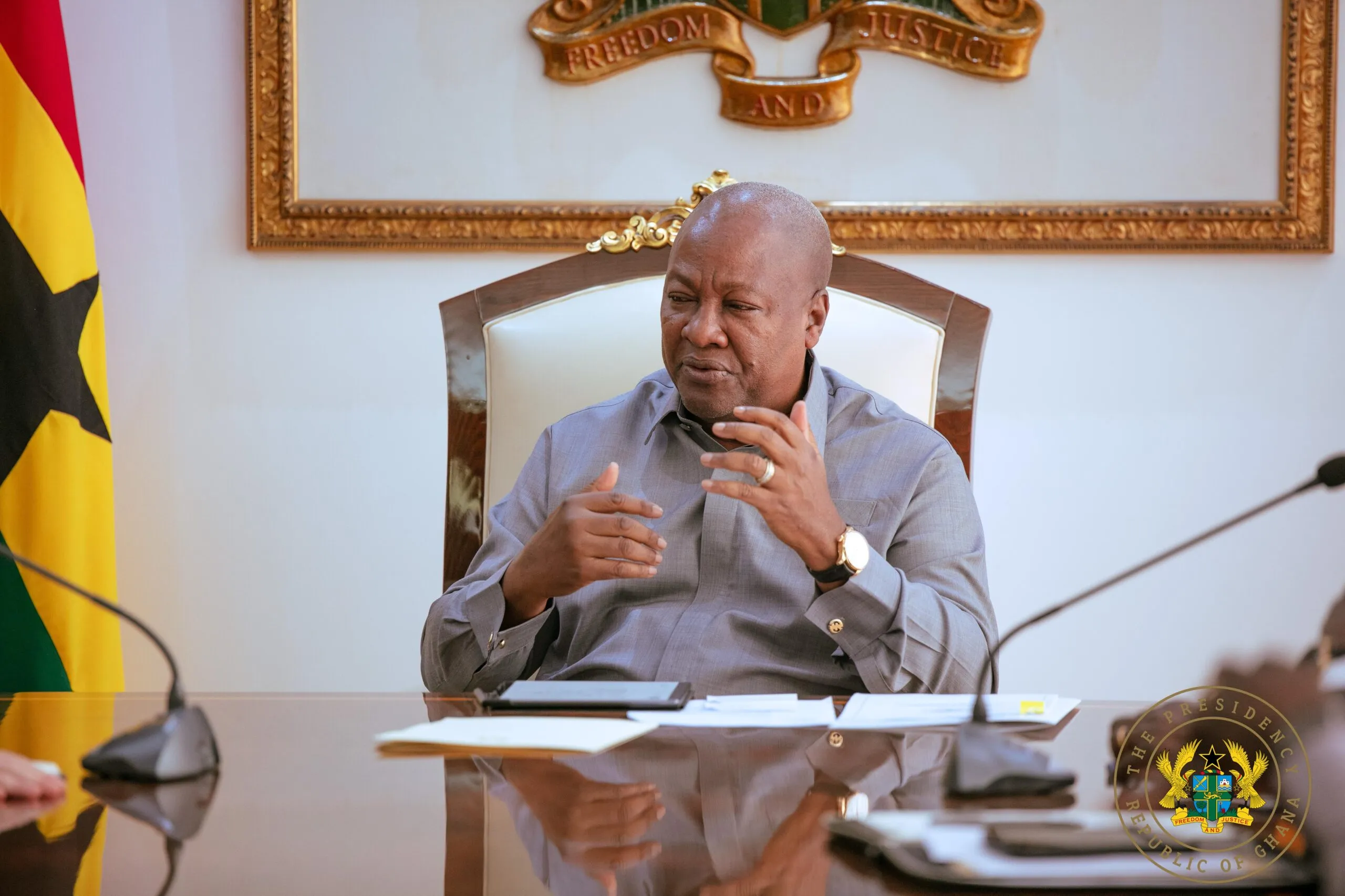
When I fire up ChatGPT, it’s usually to ask if my knee pain means I need surgery, or if there’s any dignified way to turn wilting spinach and a lone sweet potato into dinner.
Sadly, after talking to pair of local poets and longtime friends, Lee Frankel-Goldwater and Eric Raanan Fischman, it has come to my attention that I am not using artificial intelligence (AI) to its full potential.
For Frankel-Goldwater, who teaches environmental studies at the University of Colorado Boulder, and Fischman, a poet and educator at Naropa’s Jack Kerouac School, ChatGPT isn’t just a glorified WebMD crossed with a sous-chef. To them, it’s like a slightly eccentric third friend: The kind who blurts out cryptic ASCII art during dinner, invents new poetic languages on the fly and occasionally teaches you something revelatory about poet William Carlos Williams.
Together, the trio wrote “Lily in a Codebox: The Search for AI’s Poetic Voice,” a book that explores whether AI can stir human emotion the way a poet can.
Through code poetry, visual verse and lyrical experiments, the book traces the collaboration with the chatbot as the two humans prod it to invent new poetic forms — some are clunky, some uncanny and some surprisingly moving.
“The book is a journey of discovery around the nature of poetry,” Frankel-Goldwater said. “What does it mean to co-create poetry with an AI, and what kinds of art can you make in that collaboration that were not possible before?”
This weekend, they’ll explore that collaboration in person. At 2 p.m. Sunday, Frankel-Goldwater will step onto the stage at TEDxBoulder to share the big ideas behind the book at Chautauqua Auditorium, 100 Morning Glory Drive, Boulder. Tickets to the “Dreams and Reality” event are $38.90-$57.35 and can be found at chautauqua.com. Then, at 2 p.m. Monday, the pair will lead a hands-on workshop with the Boulder County Arts Alliance, inviting participants to experiment with AI-generated poetry. The hourlong event will be at the Collective Community Arts Center, 201 N. Public Road, Lafayette. Tickets are $10-$15 and can be found at bouldercountyarts.org.
For Frankel-Goldwater and Fischman, the idea to launch a wild literary experiment was hatched at an open mic. Frankel-Goldwater got on stage and read a Chat GPT-generated poem that would have made Pablo Neruda roll over in his grave. Understandably so, the audience’s reaction was not polite applause. It was outrage. Someone in the audience accused him of cheapening poetry by letting a machine touch it, and a spirited post-poem conversation ensued about the role of AI in art.
‘What struck us was that audience members weren’t really upset about whether the poem was good or bad,” Frankel-Goldwater said. ‘It was about the fear of the impact of the art — what does it mean to express something through a computer, when you could just write and read your own poems?’”
To him and Fischman, who was also at the open mic that night, the experiment felt more like playing with a new toy.
“What’s the big deal?” he recalled thinking.
Instead of backing away, Frankel-Goldwater and Fischman doubled down. The two, who first met as kids in the Bronx and later reconnected in Boulder’s poetry scene, started treating ChatGPT like a new kind of colleague. At first, they tried to nudge it into writing traditional human-style poems, and the results were abysmal. But when they flipped the script and asked it to write poems for other AIs, something shifted, and out came strange visual constructions, code-box poems and looping verses that didn’t sound like humans at all, but still carried an unexpected emotional weight. What began as a game turned into a long-running experiment, and eventually, a book.
That experiment also led to a bigger question, one that became the book’s guiding idea: the Dickinson-Turing Test. Named after poet Emily Dickinson and computing pioneer Alan Turing, it reframes the old question of “Can a machine think?” into something more poetic: Can a machine move us?
“The regular Turing test is about whether you can tell if you’re talking to a human or an AI,” Fischman said. “Our concern was, can the AI write meaningful and emotionally impactful poetry — can it actually touch us in our human souls?”
Frankel-Goldwater added that the test blends objectivity and subjectivity.
“Someone can make art that moves them and nobody else, and it’s still art,” he said. “So this test creates a language for talking about that blend of subjective and objective experience, and what’s really going on under the hood when a piece of art hits you.”
But if you’re worried Lily in a Codebox is some kind of manifesto declaring machines the next great poets, don’t fret. Fischman is quick to note the book isn’t out to solve the big debate about AI and art.
“We don’t claim to have the final answers, but we wanted to open up the conversation rather than leave it as a closed door,” he said.
Both authors point back to the 1950s Beat Generation of poets as one of their shared touchstones — writers who broke structure wide open and blurred the line between performance, improvisation and text.
“That’s where we saw ourselves fitting in,” Frankel-Goldwater said. “As part of that lineage of experimentation.”
On Sunday, Frankel-Goldwater will take the TEDxBoulder stage to wrestle with the big questions, like what it means to make art with a machine and whether that changes how we define creativity in the first place. On Monday, he and Fischman will swap the mic for a classroom, turning The Collective in Lafayette into a kind of poetry lab where anyone can roll up their sleeves and see what happens when you hand a chatbot the pen (keyboard?).
At a recent workshop at the Boulder Library, Fischman said he noticed something surprising.
“What we found was that even the participants who initially bristled at the idea of working with AI ended up really excited once they took that leap,” he said. “Getting people to at least get their hands dirty can help demystify it and alleviate some of the fears, because so much of that comes from headlines rather than direct experience. Creating those opportunities to engage with the AI feels really important.”
Whether or not readers ever ask ChatGPT to write them a sonnet (or just to salvage their weeknight leftovers), Frankel-Goldwater and Fischman hope people come away less afraid of the technology and more curious about its creative possibilities.



